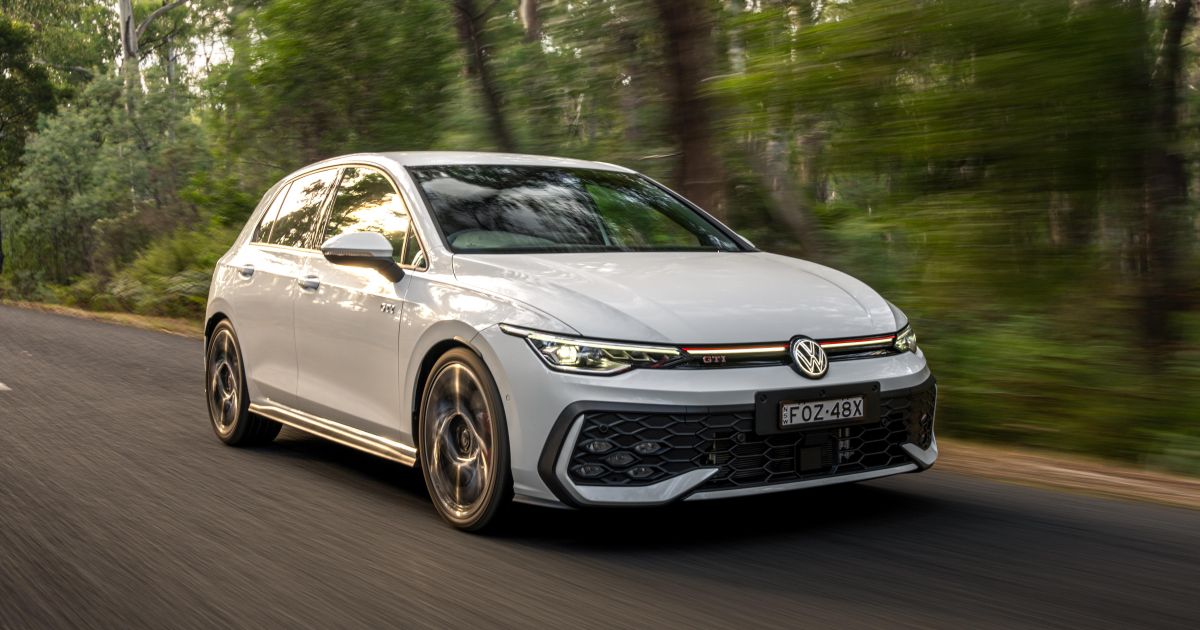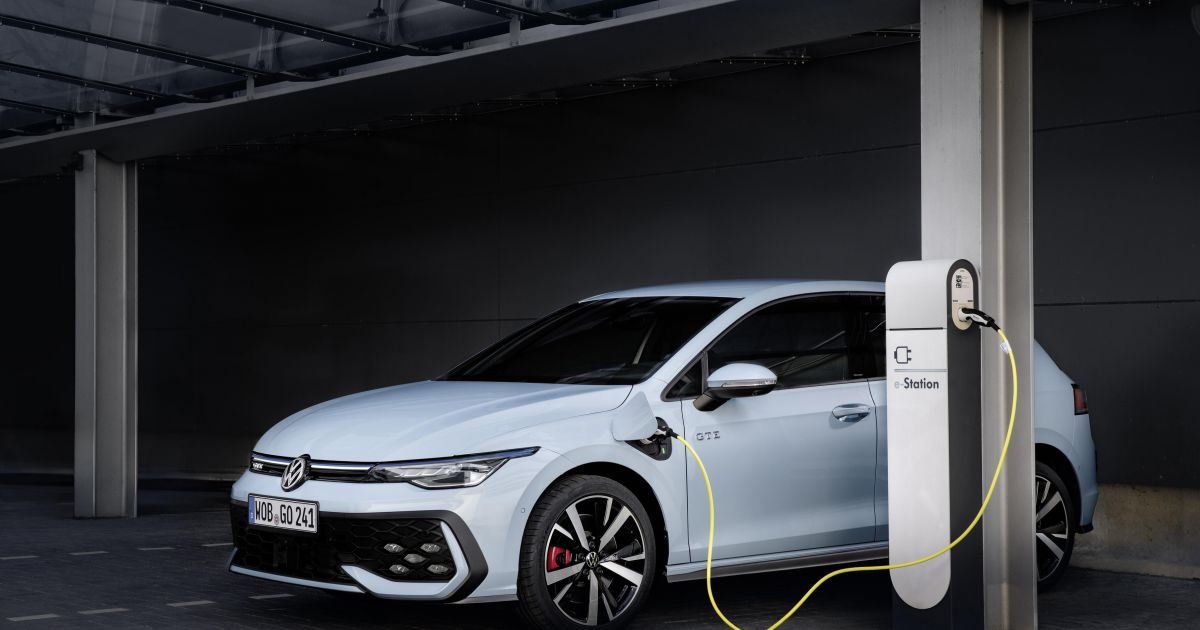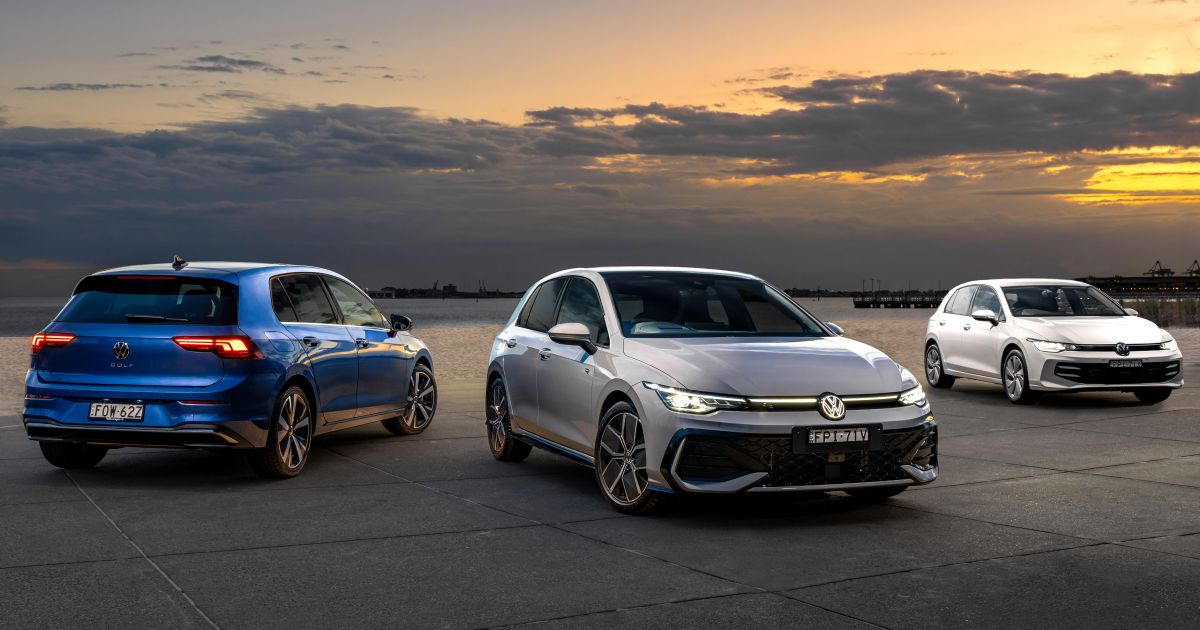The Volkswagen Golf will reportedly be offered with both combustion and battery-electric powertrains well into the next decade.
Autocar reports that a heavily updated version of the recently released Mk8.5 Volkswagen Golf will remain on sale – powered by internal combustion engines (ICE) – alongside the new ninth-generation battery-electric small car that’s due to launch in 2029 and is expected to arrive in Australia the following year.
Volkswagen has previously said it will keep selling ICE versions of the current Golf until the European Union’s (EU) ban on the sale of new vehicles with ICE powertrains in 2035, which remains in place despite resistance from some political groups in Europe.
Hundreds of new car deals are available through CarExpert right now. Get the experts on your side and score a great deal. Browse now.
This would make the Mk8 Golf, launched in 2019, the longest-serving generation of the iconic nameplate to serve in new-car showrooms, stretching to 16 years.
Petrol-electric hybrid versions are expected to be sold in the United Kingdom (UK) – where the ban on the sale of ICE vehicles was moved forward to 2032 when the current government won office in July 2024 – and the EU to meet emissions laws.
Volkswagen will move production of the ICE-powered Golf – currently made in Germany, China and Malaysia – to Mexico as it begins production of the battery-electric Golf in Wolfsburg.
The Mexico move also enables Volkswagen to produce non-hybrid petrol and diesel Golfs for South American and other markets where there may be no electric car mandates or ICE restrictions.
The ninth-generation battery-electric Golf will be the first to use a dedicated electric vehicle (EV) platform – the Volkswagen Group’s SSP (Scalable Systems Platform) – but its introduction was delayed by software development issues which have also impacted other electric models from Audi and Porsche.
A partnership with US electric truck maker Rivian – which Volkswagen Group also tapped for the relaunch of the Scout brand – was announced in mid-2024 with the aim of fast-tracking software and EV development.
When sorted, the SSP will bring an 800V electrical architecture, longer driving range, 350kW DC fast-charging – including bi-directional charging – and modular battery construction.
The move to an electric Golf won’t see the end of the German auto giant’s legendary Golf GTI and Golf R performance models.
Volkswagen’s head of technical development, Kai Grünitz, previously confirmed the Golf GTI will live on beyond 2028 – but stopped short of confirming an electric version of the iconic hot hatch.
If an electric Golf GTI is added to the lineup, it won’t appear until at least 2030, following the launch of the bread-and-butter lineup.
The higher-spec Golf R will go electric too, with Volkswagen boss Thomas Schäfer telling Car magazine in early 2024 that the next Golf R will employ the SSP architecture exclusively, meaning it will be solely electric.
Schäfer had previously said Volkswagen would be “crazy” to kill off its GTI and R performance sub-brands in the Golf’s move to electrification.




